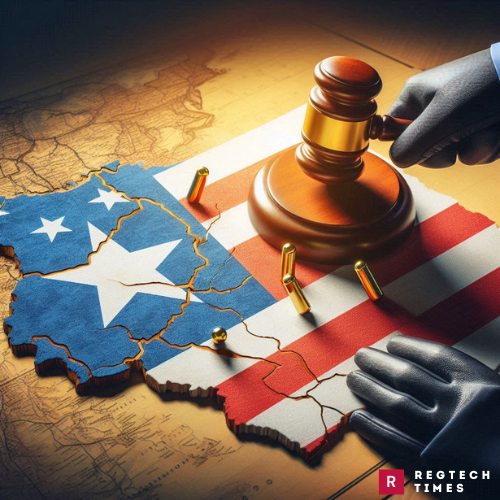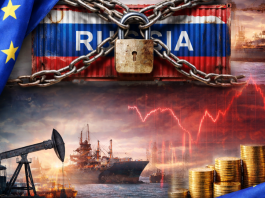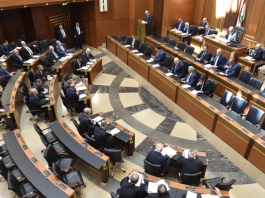In a significant move aimed at curbing the prolonged conflict in the Democratic Republic of the Congo (DRC), the United States has imposed sanctions on key rebel leaders and their affiliates, while a military court in Kinshasa has commenced a trial in absentia for several of these individuals. This dual approach highlights the international community’s commitment to addressing the humanitarian crisis and bringing stability to the region.
Sanctions on Congo River Alliance and Affiliates
The Congo River Alliance, known by its French name Alliance Fleuve Congo (AFC), and its affiliates, including the notorious M23 rebel group, are at the heart of these sanctions. The US Department of the Treasury’s Office of Foreign Assets Control (Ofac) has designated individuals and entities associated with AFC for their roles in fueling violent conflict and civilian displacement in the DRC.
Trial in Absentia for Rebel Leaders
Among those sanctioned is Corneille Nangaa, the former head of the Congolese electoral commission. Nangaa, along with 24 others, including his wife and brother, is facing charges of war crimes, participation in an insurrectional movement, and treason. These charges are being prosecuted in absentia, meaning that Nangaa and 19 of his co-accused are not present at the trial. If found guilty, these rebel leaders could face severe penalties, including the death penalty.
Impact of US Sanctions
The US sanctions aim to undermine the financial and operational capacities of the AFC and its affiliates. By freezing assets and prohibiting US persons from engaging in transactions with these entities, the US aims to hold accountable those rebel leaders who perpetuate instability and violence in eastern DRC. Brian E. Nelson, the US Under Secretary of the Treasury for Terrorism and Financial Intelligence, emphasized that these actions reinforce the US commitment to ending the conflict and supporting a peaceful and sovereign DRC.
The Role of M23 in the Conflict
The M23 rebel group, which has been active in the DRC’s North Kivu province, has a long history of human rights abuses and destabilizing activities. Supported by Rwanda, M23 has been responsible for significant violence, including the targeting of children, sexual violence, abductions, and forced displacement. The group’s actions have exacerbated the humanitarian crisis in the region, leading to widespread civilian suffering and displacement.
Humanitarian Truce and Its Effects
The sanctions and the trial in Kinshasa come at a time when a humanitarian truce, requested by the United States, has been observed for nearly a month on the battlefield. This truce has provided a temporary reprieve for civilians caught in the crossfire and has allowed for some humanitarian aid to reach those in need.
Reactions to Sanctions and Trials
The trial of Corneille Nangaa and his co-accused is a significant development in the DRC’s efforts to bring justice to those responsible for the ongoing conflict. Nangaa has dismissed the sanctions and the trial as illegitimate, asserting that they will not deter the AFC’s goals. He defiantly proclaimed, “Illegitimate sanctions and Kafkaesque trials will not shake us in our noble struggle for national recovery! As Congolese citizens, nothing will stop us in this struggle for the liberation of the Congolese people.”
International Community’s Commitment to Peace
The international community, including the US, remains committed to supporting peace processes in the DRC. Efforts such as the Angola-led Luanda process and the East African Community-led Nairobi process are aimed at creating conditions conducive to ending hostilities and achieving lasting peace in the region.
Addressing the Humanitarian Crisis
The humanitarian crisis in eastern DRC has been a matter of grave concern for years. The displacement of civilians, the encirclement of Goma, and human rights abuses committed by armed groups like M23 have drawn international condemnation. The US Treasury’s sanctions are a step towards addressing these issues by targeting the financial networks that sustain these rebel leaders.




